A growing number of electric vehicle (EV) drivers are using public or workplace charging, according to a new study.
The latest figures suggest that only 56% of EV drivers now charge at home, down from 78% in 2021.
Data from the YouGov poll, comissioned by CTEK, shows 20% of EV drivers charge at work and another 20% charge at shopping centres, while 11% charge at hotels and 8% charge at restaurants.
Despite the growth in public charger use, almost three quarters (71%) of UK motorists still feel that more charging infrastructure is needed to meet growing demand for EV charging and, although this has reduced slightly from 78% in 2021, remains the highest level in Europe.
Cecilia Routledge, global director, Energy & Facilities for CTEK, said: “It is extremely encouraging to see that the availability of public and destination charging facilities is starting to step up to meet the growing demand for out-of-home charging, as this is a vital factor in the overall acceptance and take up of electric motoring.
“However, reliability of out-of-home charging remains an issue, and this is an aspect that needs additional focus, along with steps to reduce the complexity of payment and industry-wide commitment to rolling out EV roaming, which would give EV drivers better access to charging stations, in the same way that mobile phone users can simply access different networks as they travel around the globe.”
Figures from Zap Map show that the number of public charge points has risen by 34% since last year and, encouragingly, the YouGov survey reveals that availability of public charging is now far less of a concern for EV owners, with only 8% giving lack of local charging facilities as their biggest frustration, compared with 30% in 2021.
The importance of out-of-home charging is further evidenced by 44% of UK motorists saying that availability of public charging makes them more likely to opt for an EV. In addition, half (50%) of drivers say they’re more likely to buy an EV if they have charging facilities at work, and this rises to 81% among former EV owners.
The cost of charging an electric vehicle (EV) at home, on a standard variable tariff, is set to increase by around 20% this winter.
Ofgem has confirmed the latest energy price cap rates, which rise from 28p/kWh to 34p/kWh, following the Prime Minister's Energy Price Guarantee announcement.
It means the cost of driving 100 miles in a typical EV (averaging 4.0mi/kWh) will increase from £7 to £8.50, if the vehicle is charged at home.
> Interested in comparing electric vehicle data? Check out our EV tool.
> Interested in ensuring the efficient use of EVs. Check out our dedicated editorial sections: Insight & policy | EV news | Charging & infrastructure | Costs & incentives | Benefit-in-kind | EV case studies | EV road tests

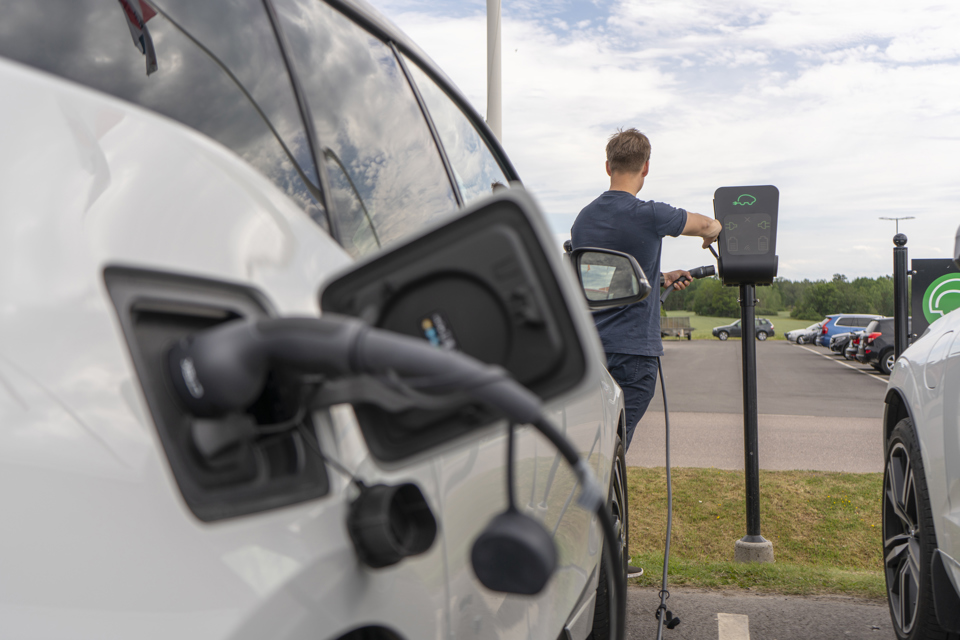



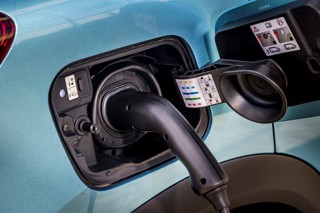
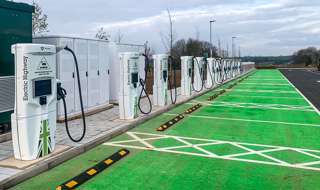
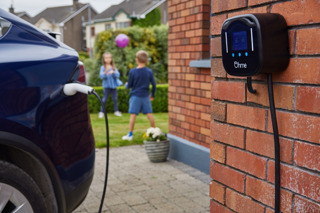
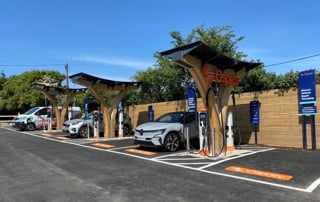












Login to comment
Comments
No comments have been made yet.